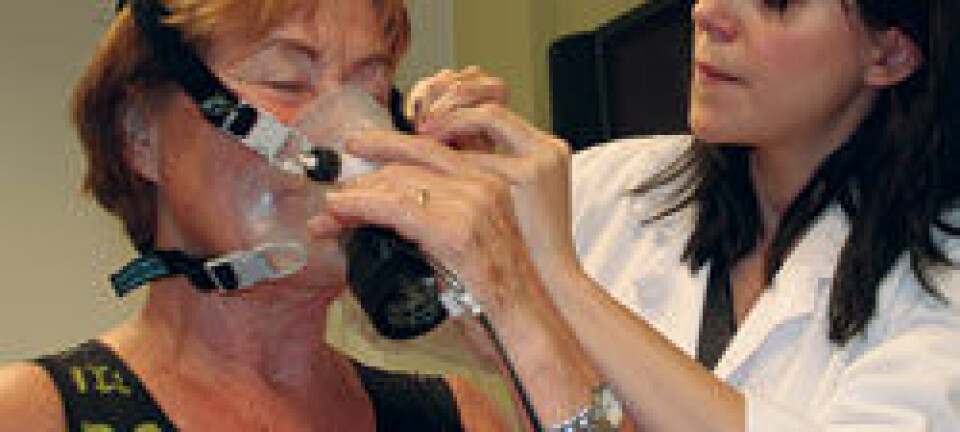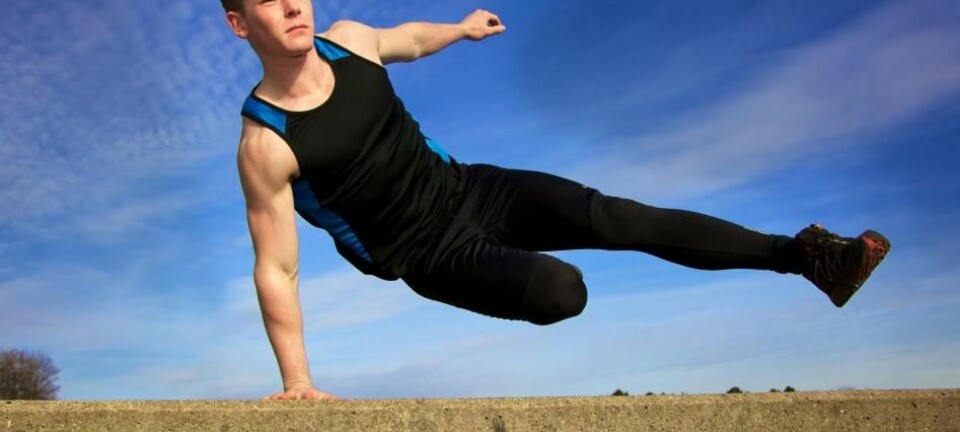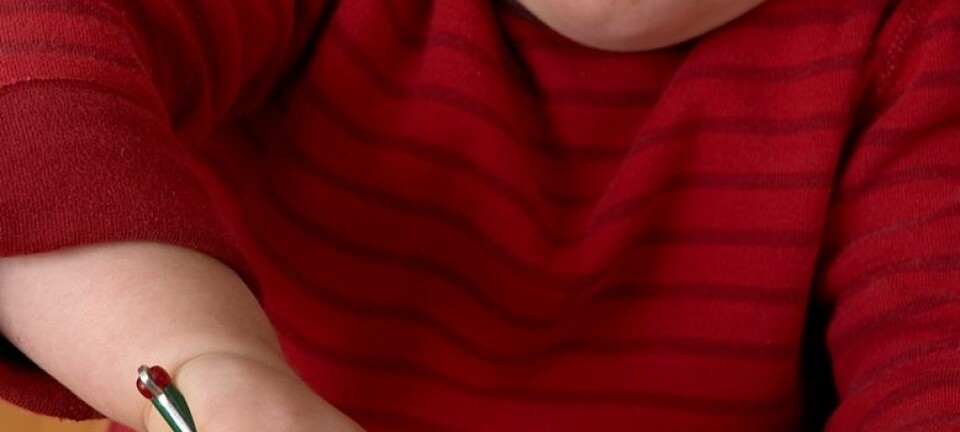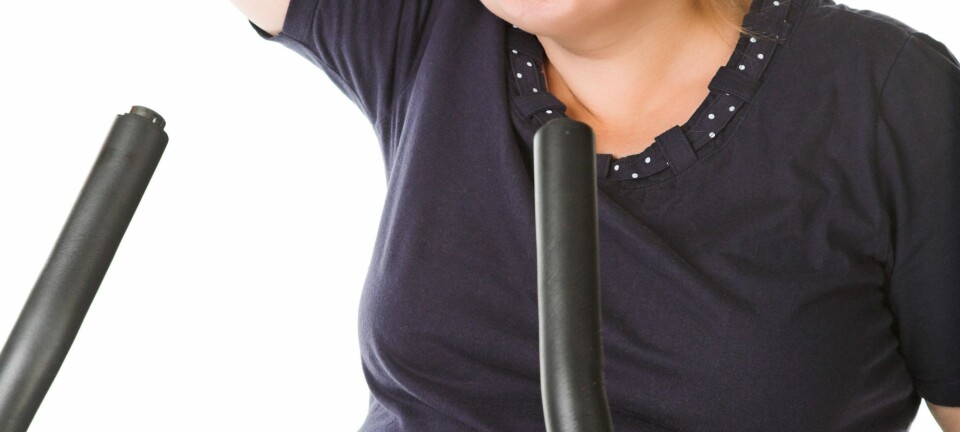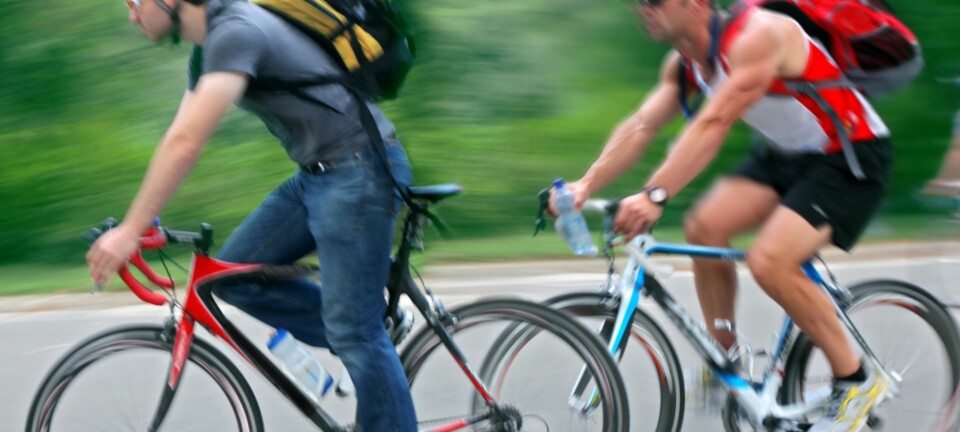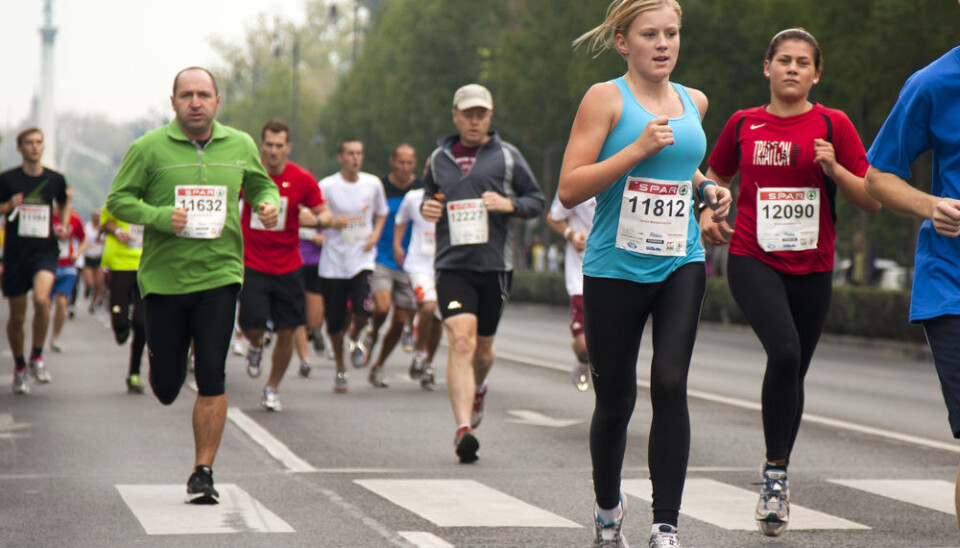
Simple diet eats 11 minutes off your marathon time
Most runners do not get enough carbs during marathons. By consuming more of them, they can cut an average of 11 minutes off their marathon time.
Wouldn’t it be great if you could shave 11 minutes off your marathon time – with no extra training? Apparently, it’s not that hard. All you need to do is to consume just the right amount of carbohydrates during the race.
Most runners consume insufficient amounts of carbs when they run marathons, and that affects their performance, according to a new study.
“Most runners are more concerned with their training than their diet, but you can actually quite easily shave minutes off your time if you consume the right amount of carbohydrates during the race,” says Ernst Albin Hansen, an associate professor at the Department of Health Science and Technology, Aalborg University, Denmark.
Together with three graduate students, Hansen has carried out a study which shows that there is time to gain by getting the right nourishment during a marathon. The study was presented at a recent conference hosted by the International Society of Sports Nutrition in the US, and will be published later this year in the Journal of the International Society of Sports Nutrition.
Marathon runners eat too little
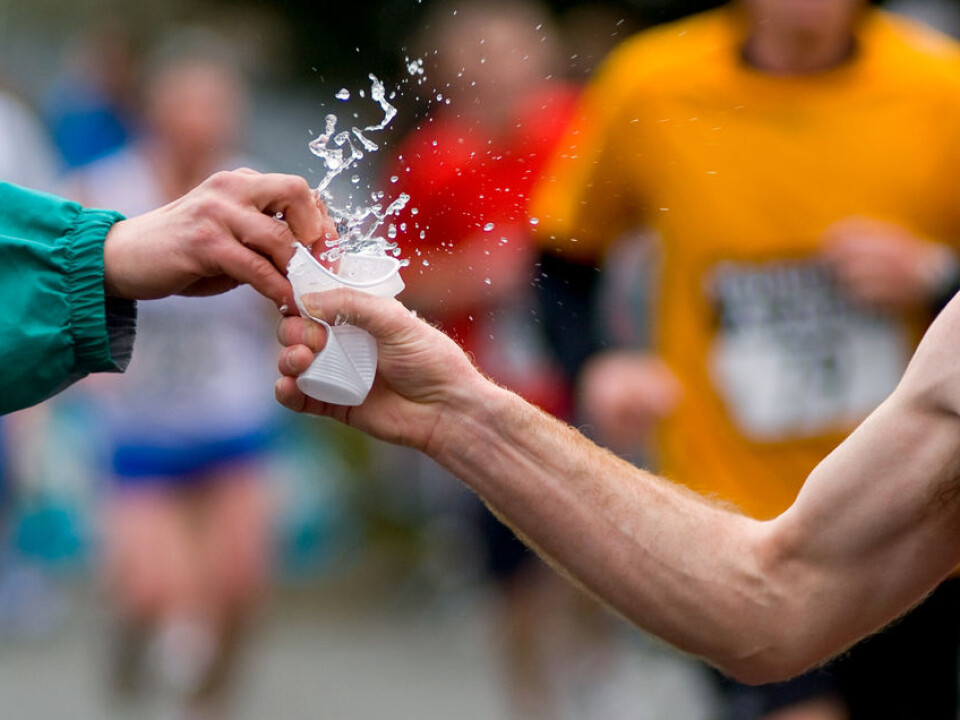
In the study, the researchers split marathon runners into two groups on race day. One group was on a self-selected diet during the race, where they were free to eat whatever they wanted, while the others were put on a strict scientific diet designed specifically for marathons.
It turned out that those who controlled their own diet did not consume as many carbs during the race as those who received nutritional advice from the researchers. The latter group was, on average, 11 minutes – or five percent – faster than the former group.
”When you run a marathon, your body’s energy stores become heavily drained, and that’s why you need to constantly top up on carbs,” says Hansen.
Fat burning slows you down
During a marathon, your body first burns the carbohydrates that are stored in the liver and in the muscles. When there is nothing left there, the body starts burning fat, and that slows down the runner significantly.
Most runners are more concerned with their training than their diet, but you can actually quite easily shave minutes off your time if you consume the right amount of carbohydrates during the race.
The researcher therefore recommends that runners supplement their natural energy stores by consuming 60 grams of carbohydrates per hour during a marathon. This is equivalent to an hourly intake of approximately three energy gels, which are carbohydrates in viscous form that are rapidly absorbed in the body.
How to outrun your friends
The participants who were put on the ’marathon diet’ consumed two 20-gram energy gels and 200 millilitres of water 10-15 minutes prior to the race start. The next energy gel was consumed 40 minutes into the race, and then a new one every 20 minutes for the remainder of the race.
“The type of carbohydrates in energy gels is glucose, which is absorbed quickly, but recent research has actually shown that it’s possible to absorb even more energy within the same timeframe if the runner consumes different types of carbohydrates, for instance with both fructose and glucose.”
Hansen explains that our gastrointestinal system has many different transport channels, and if we only get one type of carbohydrate, then we also only use one type of transport channel, whereas we could use two simultaneously if we consumed different types of carbs.
When you run a marathon, your body’s energy stores become heavily drained, and that’s why you need to constantly top up on carbs.
The participants on the scientific ’marathon diet’ were also asked to consume, in addition to glucose, 750 ml of water per hour. On this diet, they ran an average of 11 minutes faster than those who controlled their own diet during the race.
Runners don’t focus enough on their diet
The researcher believes these guidelines are simple and easy to follow, but he also believes that runners generally tend to focus more on their training than on their diet.
”Here we have a very simple method that can improve one’s performance, but it isn’t being used. I find that strange because this improves your time a lot more than a new pair of running shoes or many extra hours of training ever will.”
He also believes that there may be a tendency among runners to just eat and drink whatever is available at the marathon, rather than bringing their own.
Hansen advises marathon runners to test the diet during training, so they get used to it before the race.
-----------------------
Read the Danish version of this article at videnskab.dk
